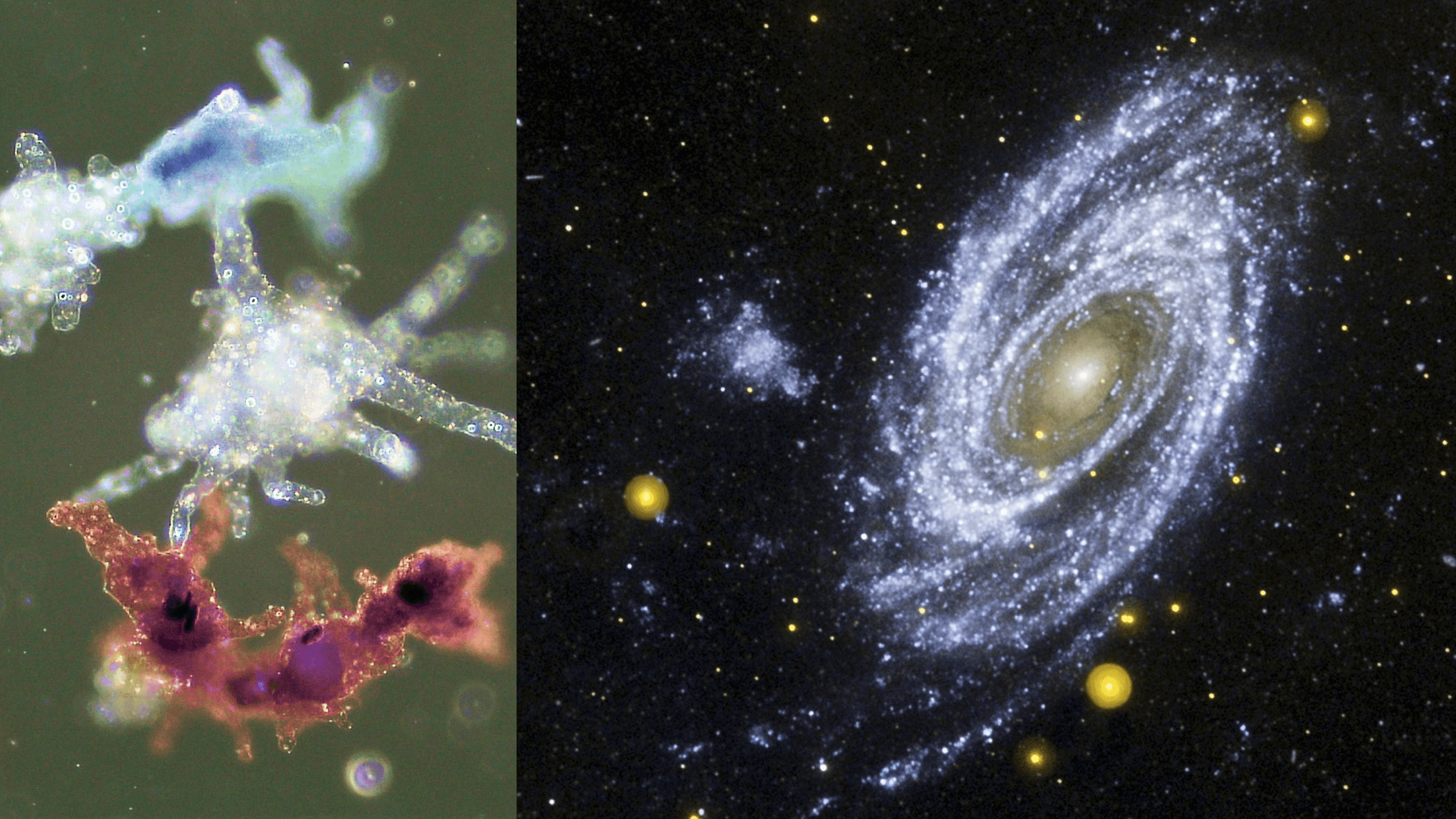Williams talks about his favorite poem, The Foundation, and reads one of his other favorite poems, The Singing.
C. K. Williams: :The Singing: “I was walking home down a hill near our house on a balmy afternoon under the blossoms of the pear trees that go flamboyantly mad here every spring with their burgeoning forth when a young man turned in from a corner singing. No. It was more of a cadent shouting most of which I couldn’t catch. I thought because the young man was black, speaking black, it didn’t matter. I could tell he was making his song up, which pleased me. He was nice looking, husky, dressed in some style of big pants, obviously full of himself, hence his lyrical flowing over. We went along in the same direction and he noticed me there almost beside him and “Big” he shouted, sang, “Big,” and I thought how droll to have my height incorporated in his song so I smiled but the face of the young man showed nothing. He looked in fact pointedly away and his song changed. “I’m not a nice person,” he chanted. “I’m not. I’m not a nice person.” No menace was meant I gathered, no particular threat, but he did want to be certain I knew that if my smile implied I conceived of anything like concord between us I should forget it. That’s all. Nothing else happened. His song became indecipherable to me again. He arrived where he was going, a house where a girl in braids waited for him on the porch. That was all. No one saw. No one heard. All of the unasked and unanswered questions were left where they were. It occurred to me to sing back, “I am not a nice person either,” but I couldn’t come up with a tune. Besides, I wouldn’t have meant it nor he had believed it. Both of us knew just where we were and the duet we composed, the equation we made, the conventions to which we were condemned. Sometimes it feels even when no one is there that someone, something, is watching and listening, someone to rectify, redo, remake. This time again though no one saw nor heard. No one was there.”





